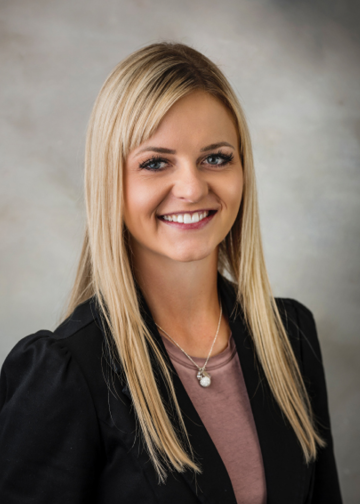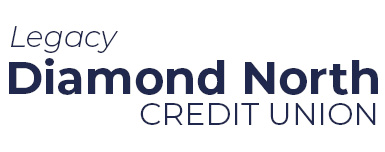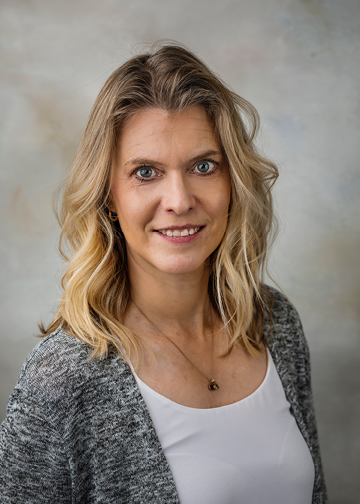First Home Savings Account
Introducing the First Home Savings Account (FHSA)
.
Dreaming of buying your first home? Here’s your first step …
Did you know there's a cool new way to help you save for your first home? It can be tough to juggle rent and other expenses while trying to put money aside for a down payment. But don't worry, we’ve got your back with a new government program that came into effect on April 1, 2023.
.
It's called the fax-free First Home Savings Account (FHSA), and here's why it's awesome:
- You get tax deductions on the money you put in.
- Any growth your account sees? Also tax-free!
- And when you're ready to withdraw for your first home purchase? Yep, you guessed it, tax-free!
.
How it works
As the FHSA is a registered savings plan, there are a few rules you should know. You need to be living in Canada and be at least 18 years old (or the age of majority in your province). You also can't own a house already, or have owned one in the last four years. And once you use the account for your first home, that's it - no more tax-free withdrawals for future homes.
.
You can put in up to $40,000 over your lifetime, but there's a yearly limit of $8,000. If you don't use up all your room in one year, don't worry, you can carry it over to the next year.
You can put in up to $40,000 over your lifetime, but there's a yearly limit of $8,000. If you don't use up all your room in one year, don't worry, you can carry it over to the next year.
.
Another great thing is that you can transfer funds from your RRSP to your FHSA without paying any taxes. But keep in mind, this won't give you any extra RRSP contribution room.
Another great thing is that you can transfer funds from your RRSP to your FHSA without paying any taxes. But keep in mind, this won't give you any extra RRSP contribution room.
Tax-free treatment
When it comes to claiming your tax deductions, there's a bit of a difference compared to RRSPs. Your FHSA contributions are only deductible in the same calendar year they're made. And once you've bought your first home with the account, there are no more deductions for any more contributions.
.
Just like with your RRSP and TFSA, any money you make from investments in your FHSA won't be taxed. But with the FHSA, when you're ready to buy your first home, you can withdraw the money tax-free!
Just like with your RRSP and TFSA, any money you make from investments in your FHSA won't be taxed. But with the FHSA, when you're ready to buy your first home, you can withdraw the money tax-free!
.
You'll have to close all your FHSAs by the end of the next year, and any money left in your account will be treated as income for that year, and you'll need to pay taxes on it. But you can defer this by transferring it into an RRSP.
You'll have to close all your FHSAs by the end of the next year, and any money left in your account will be treated as income for that year, and you'll need to pay taxes on it. But you can defer this by transferring it into an RRSP.
Double down on your downpayment
You and your partner can each have an FHSA to contribute to your downpayment – as long as you’re both first-time home buyers. Oh, and if you're also using the RRSP home buyers' plan (HBP), good news! You can use both HBP and your FHSA for the same home (and so can your partner).
Currently, the Home Buyers’ Plan (HBP) allows first-time homebuyers to withdraw up to $35,000 tax-free from their RRSP to purchase or build a new home, however, you must pay that money back to your RRSP within 15 years. You are not required to pay back the funds withdrawn from an FHSA that is used towards the purchase of a qualifying home.
Learn More
Learn More
It's a bit complex, so it's a good idea to chat with your advisor about how to use the FHSA as your first step for your first home! Talk to us today.
Frequently Asked Questions
You can open an FHSA, if you are a Canadian resident between the ages of 18 and 71, and you qualify as a first-time home buyer.
Starting the year you open an FHSA, you can contribute up to $8,000 per year, up to a lifetime limit of $40,000. These contributions are tax-deductible from your income for the year of the contribution.
Yes, you can carry forward your unused contribution room to the following year, to a maximum of $8,000. That means the most you can contribute in any one year is $16,000 ($8,000 annual limit + $8,000 carryforward).
Yes! You can transfer money in from an RRSP (but not a TFSA or RRIF) if you have the FHSA contribution room. You can transfer money out from an FHSA to an RRSP or a RRIF (but not a TFSA), regardless of your RRSP contribution room. Note that transfers are not tax-deductible, and they don’t affect RRSP contribution room.
.
Wealth Specialists
For a powerful and well-diversified plan, you’ve come to the right place. Our team's approach is comprehensive. Their advice is backed by in-depth research and expertise and most importantly, they care about you and your success.

Dawn
Wealth Specialist, DNCU
Mutual Fund Investment Specialist, Aviso Wealth
.
Serving Carrot River,
Arborfield & areas
306-768-1408

Frankie
Wealth Specialist, DNCU

Karissa
Wealth Specialist, DNCU
Mutual Fund Investment Specialist, Aviso Wealth
.
Serving Carrot River,
Nipawin & areas
306-768-1407

 Search
Search











